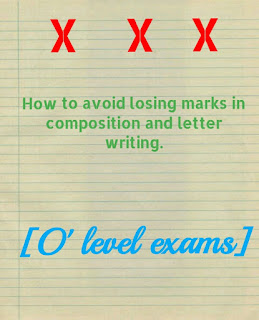How to pass biology practical exams

We all know that biology practical is very important and it may seem difficult to understand and pass. In this post, I am going to teach you how to pass biology practical exams without any problems. I assure you that after reading this post, biology practical exams will be as simple as ABC for you to pass. There are some things that you should know about biology practical, they are : A. Interpretation of data from biological principles : This is the only way to show how much knowledge of biology you have, from where you can interpret a fundamental biological issue from an experimental setup; or from graphs or other diagrams designed for the purpose. You should be able to interpret the data very well. • What you should know about graphs in biology practical : 1. Size: Convenient size at least not less than a page would give you a good score. There should be regular intervals on each axis. 2. Neatness: The graph...


